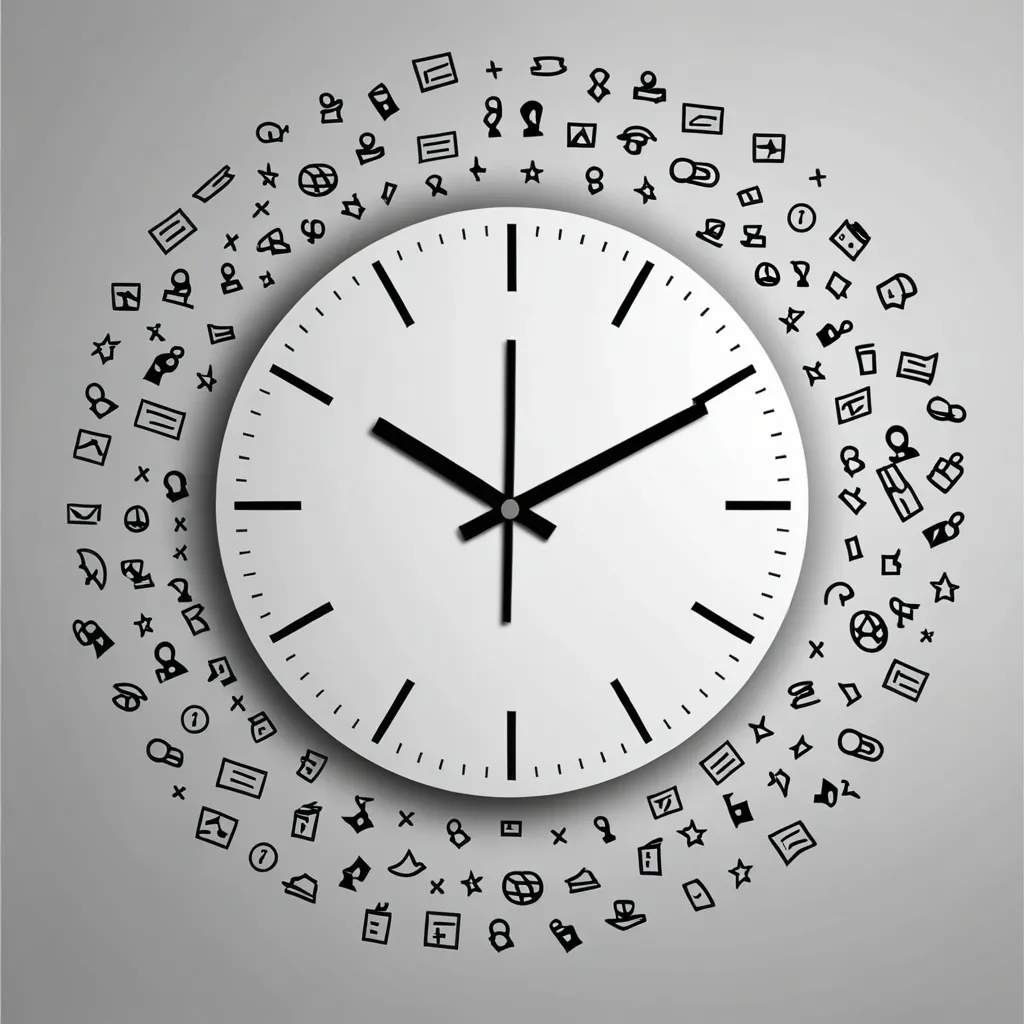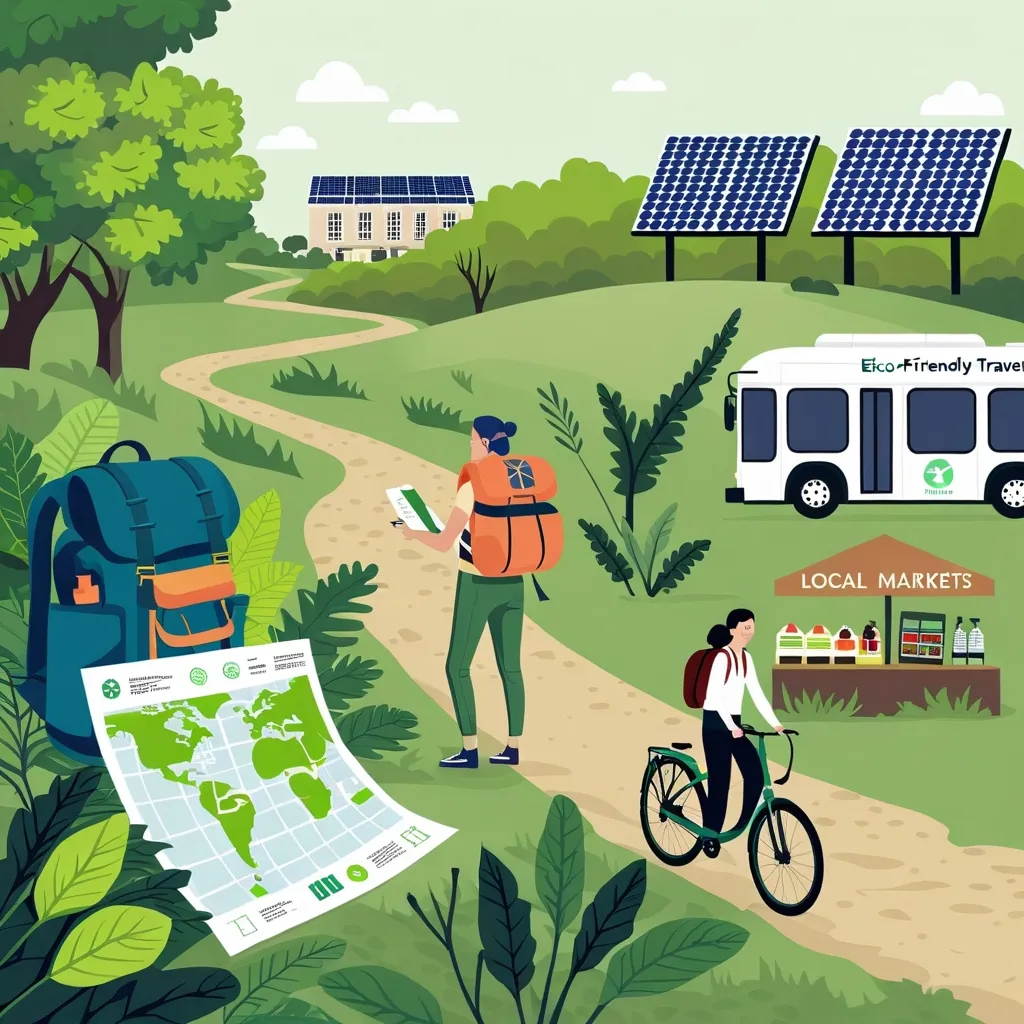The 2-Minute Rule: A Simple Hack for a More Productive Life
Ever felt overwhelmed by your to-do list? You’re not alone. In our fast-paced world, it’s easy to get bogged down by endless tasks. But what if I told you there’s a simple trick that could revolutionize your productivity? Enter the 2-Minute Rule.
This nifty little strategy is all about tackling those small tasks right away. If something takes less than two minutes to complete, don’t put it off – just do it now. Sounds simple, right? But the impact can be huge.
Let’s dive into why this rule is such a game-changer. First off, it’s all about momentum. When you knock out those quick tasks immediately, you’re building a rhythm. It’s like warming up before a workout – you’re getting your productivity muscles flexed and ready for bigger challenges.
Think about it. How many times have you put off replying to an email, only to have it nag at you all day? Or left that pile of dishes in the sink, making your kitchen feel cluttered and chaotic? These little things add up, creating mental clutter that weighs you down.
By tackling these mini-tasks right away, you’re clearing the decks. You’re creating space in your mind for the bigger, more important stuff. It’s like decluttering your brain, one small task at a time.
But here’s the real kicker – the 2-Minute Rule isn’t just about getting stuff done. It’s about changing how you approach your day. It’s about building habits that set you up for success.
When you start applying this rule, you’ll notice something interesting. Those small wins start to add up. You feel more in control, more on top of things. It’s a confidence booster, and that positive energy spills over into other areas of your life.
Now, I know what you’re thinking. “But I have big projects to work on! I can’t waste time on little things!” Here’s the thing – by quickly addressing the small stuff, you’re actually freeing up mental energy for those bigger tasks. You’re removing distractions and creating a clearer path to focus on what really matters.
Let’s talk about procrastination for a sec. We all do it, right? That big project looms, and suddenly organizing your sock drawer seems super important. The 2-Minute Rule helps here too. By tackling those quick, easy tasks, you’re building momentum. You’re getting into a “doing” mindset. And that makes it easier to tackle the bigger stuff.
Here’s a cool trick – if you’re facing a daunting project, find a part of it that you can do in two minutes. Maybe it’s just opening the document and writing the first sentence. Or making a quick outline. That tiny step can be the push you need to get the ball rolling.
Now, let’s get practical. How do you actually implement this in your daily life? Start small. When you notice a quick task, ask yourself, “Can I do this in two minutes?” If yes, just go for it. Don’t overthink it.
At work, this might mean quickly responding to an email, filing a document, or making that quick phone call you’ve been putting off. At home, it could be putting away your laundry, wiping down the kitchen counter, or paying that bill online.
The key is consistency. Make it a habit to look for these two-minute opportunities throughout your day. You’ll be surprised at how many there are once you start paying attention.
But here’s the thing – the 2-Minute Rule isn’t just about productivity. It’s about improving your overall quality of life. When you’re not constantly playing catch-up with small tasks, you have more time and energy for the things that really matter to you.
Think about it. How much mental energy do you waste worrying about all the little things you need to do? By knocking them out quickly, you’re freeing up headspace for more important things – like spending quality time with family, pursuing a hobby, or just relaxing without that nagging feeling of unfinished business.
This rule can be a game-changer in your personal growth journey too. Want to start a new habit? Apply the 2-Minute Rule. Maybe you want to start reading more. Commit to reading just one page a day. That’s definitely doable in two minutes. Over time, that small habit can grow into something bigger.
The same goes for exercise, meditation, learning a new skill – start with just two minutes. It’s about lowering the barrier to entry. Once you start, you’ll often find yourself wanting to continue.
Now, let’s address some challenges. The biggest one? Remembering to actually do it. In the heat of a busy day, it’s easy to fall back into old habits of putting things off. One trick is to set reminders on your phone. Or put sticky notes in places you’ll see them. Whatever works for you to keep the 2-Minute Rule front of mind.
Another challenge is recognizing what actually qualifies as a two-minute task. Sometimes we overestimate how long things will take. Try timing yourself on common tasks to get a better sense of what fits into that two-minute window.
It’s also important to know when not to use the 2-Minute Rule. If you’re in the middle of deep, focused work, it might not be the best time to switch gears for a quick task. Use your judgment. The goal is to increase productivity, not create more distractions.
Let’s talk about the ripple effect of this rule. When you start knocking out these small tasks efficiently, people notice. You become known as someone who gets things done. This can lead to more opportunities and responsibilities at work. It can improve your relationships as you become more reliable and responsive.
The 2-Minute Rule also teaches us an important lesson about decision-making. By acting quickly on small decisions, we’re training ourselves to be more decisive in general. This skill can translate to bigger decisions in life.
Here’s another cool benefit – reduced stress. When you’re not constantly thinking about all the little things you need to do, your mind is clearer. You’re not carrying around that mental to-do list all the time. This can lead to better sleep, improved mood, and overall better mental health.
Now, let’s address a common misconception. The 2-Minute Rule doesn’t mean you should be constantly switching tasks or multitasking. It’s about efficiently dealing with quick tasks when they arise, not interrupting important work for every little thing.
In fact, this rule can actually help with focus. By clearing away small tasks, you create longer, uninterrupted blocks of time for deeper work. It’s about creating an environment where you can concentrate without the distraction of pending small tasks.
So, how do you get started? Simple. Start today. Right after you finish reading this, look around. Is there something nearby you can do in two minutes? A cup to put in the dishwasher? A quick email to send? Do it. That’s your first step.
From there, make it a game. See how many two-minute tasks you can knock out in a day. Keep a tally if it helps motivate you. Challenge yourself to find more opportunities to apply the rule.
Remember, the goal isn’t to be perfect. It’s about progress. Some days you’ll rock it, other days you might slip back into old habits. That’s okay. Just keep coming back to the rule.
As you implement the 2-Minute Rule, you’ll start to notice changes. Your environment might become tidier. Your inbox less cluttered. Your mind clearer. These small changes add up to big improvements in your overall productivity and well-being.
In conclusion, the 2-Minute Rule is more than just a productivity hack. It’s a mindset shift. It’s about taking control of your time and energy in small, manageable chunks. It’s about building momentum and creating positive habits.
So why not give it a shot? What have you got to lose? Two minutes at a time, you could be on your way to a more productive, organized, and fulfilling life. And who knows? Those two-minute wins might just be the start of something big.






